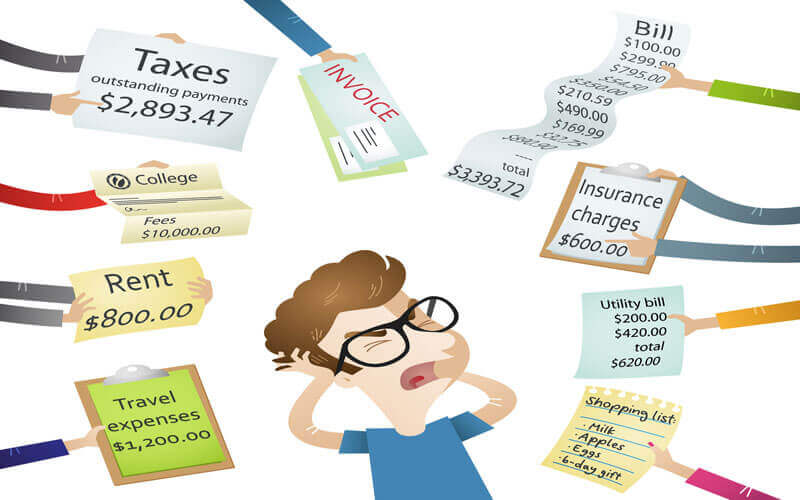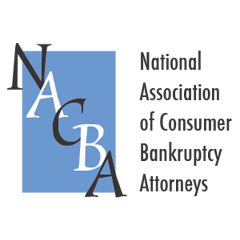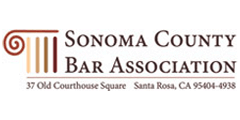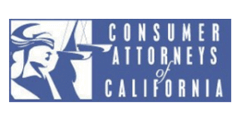Stop Creditor Harassment
Santa Rosa bankruptcy attorney Brian Barta explains how
Bankruptcy Attorney Brian Barta > Stop Creditor Harassment
Automatic Stay Stops Creditors
The first thing that happens when a bankruptcy case is filed by your attorney, and one of the greatest benefits to you, is the instantaneous creation of the automatic stay. From the moment your case is filed, the automatic stay prohibits creditors from trying to collect from you. From that moment forward creditors cannot call you on the telephone, mail collection letters, or even send monthly billing statements. If you have been sued by a creditor, the lawsuit must be dismissed. If the creditor has a judgment and is garnishing your wages, the garnishment must be released. Similarly, if a creditor has been levying your bank accounts the levy must be discontinued. Ultimately, all actions by creditors that are designed to collect from you is strictly prohibited by law. Creditors know this because the U.S. Bankruptcy Court clerk sends official written notice of your case filing to every one of your creditors.
Bankruptcy Court Judge Can Order Sanctions
What if a creditor ignores the Court’s notice of your bankruptcy filing and continues to contact you? First of all that rarely happens because commercial lenders, i.e., credit card companies, banks, etc., know the law. Specifically, they understand that violating the automatic stay by continuing to collect will result in the Bankruptcy Court Judge ordering that they pay sanctions to you—in other words, the Court will make that creditor pay you money damages. Second, if a creditor does continue to collect on you after receiving notice of the case filing, a telephone call of short letter from your attorney almost always stops the harassment.
Creditors Are Banished With Bankruptcy
Finally, the automatic stay that arises when your case is filed becomes a permanent legal injunction at the conclusion of your case. That means when your case closes you are free of the debts listed in your bankruptcy, and those creditors are barred forever from attempting to collect. Therein lies your fresh start.
Stop creditors. Call bankruptcy attorney Brian Barta for a Free Consultation







